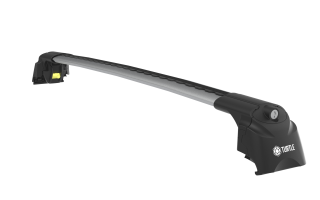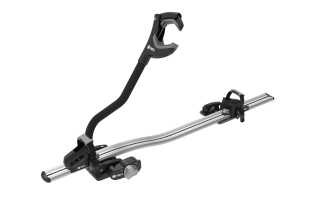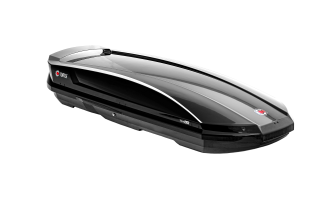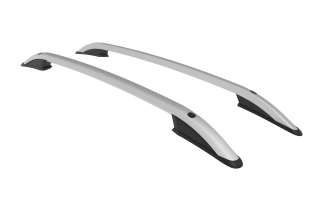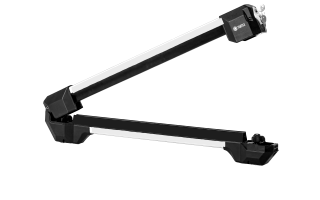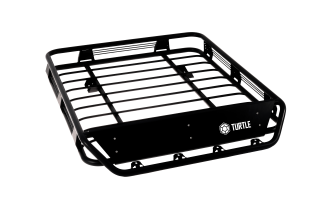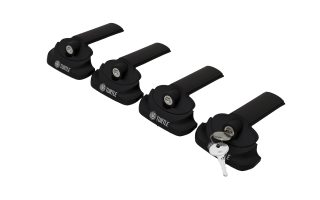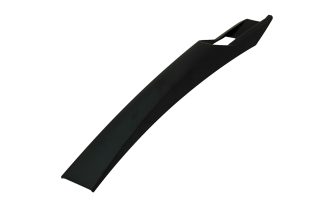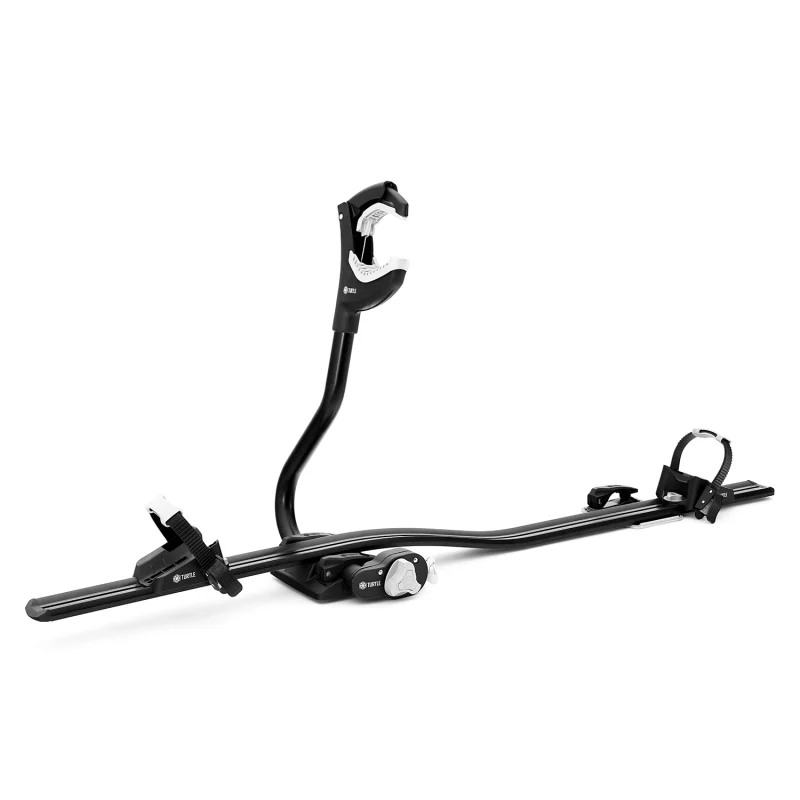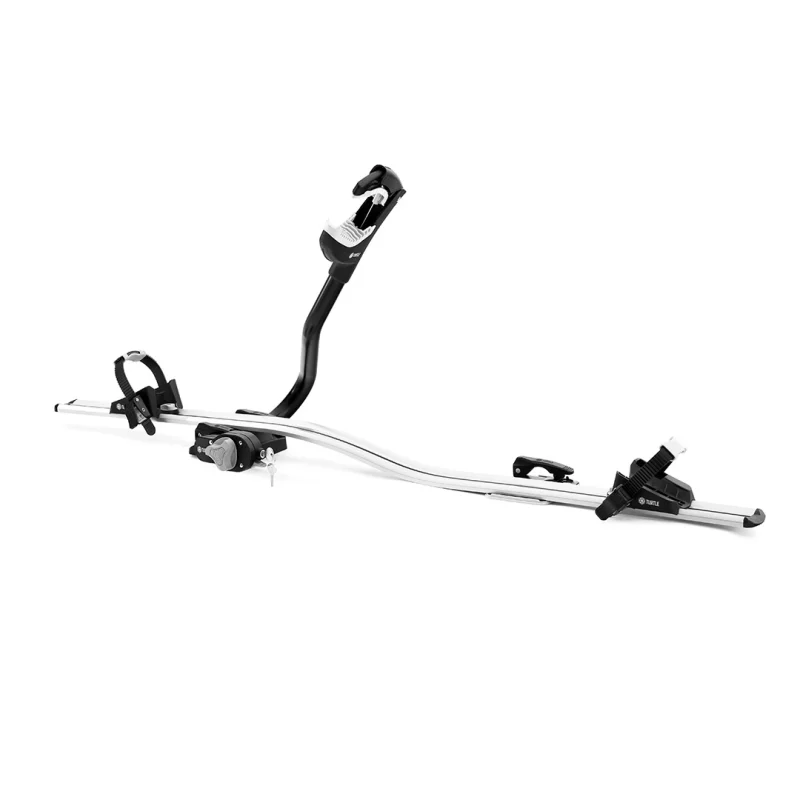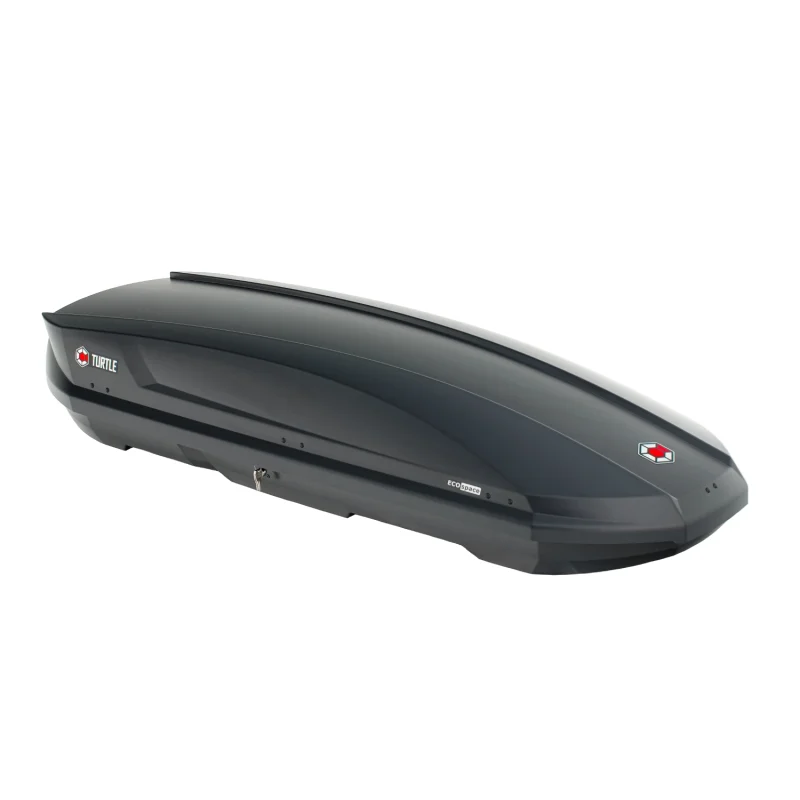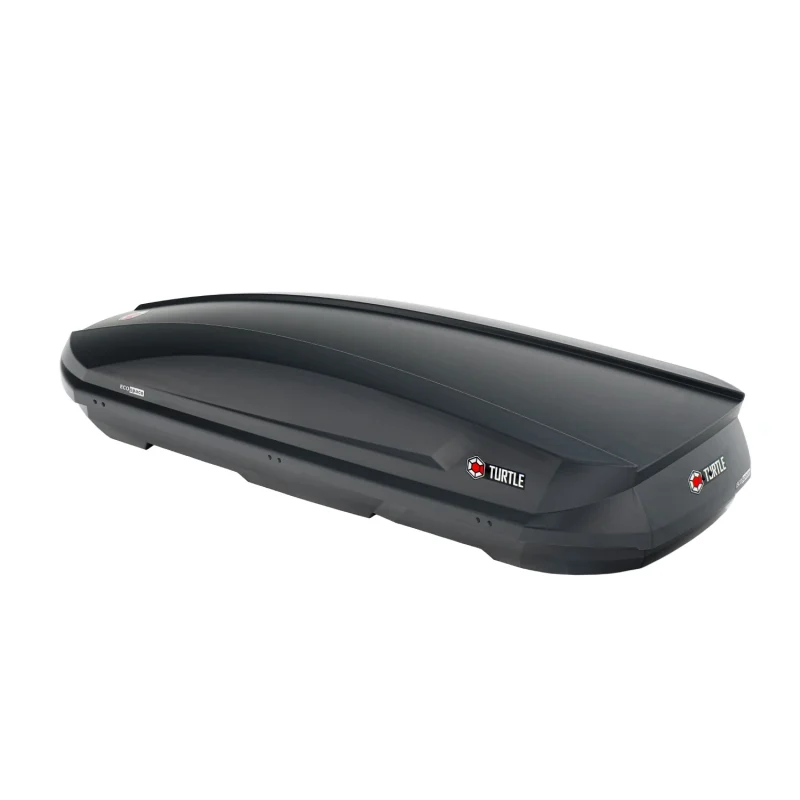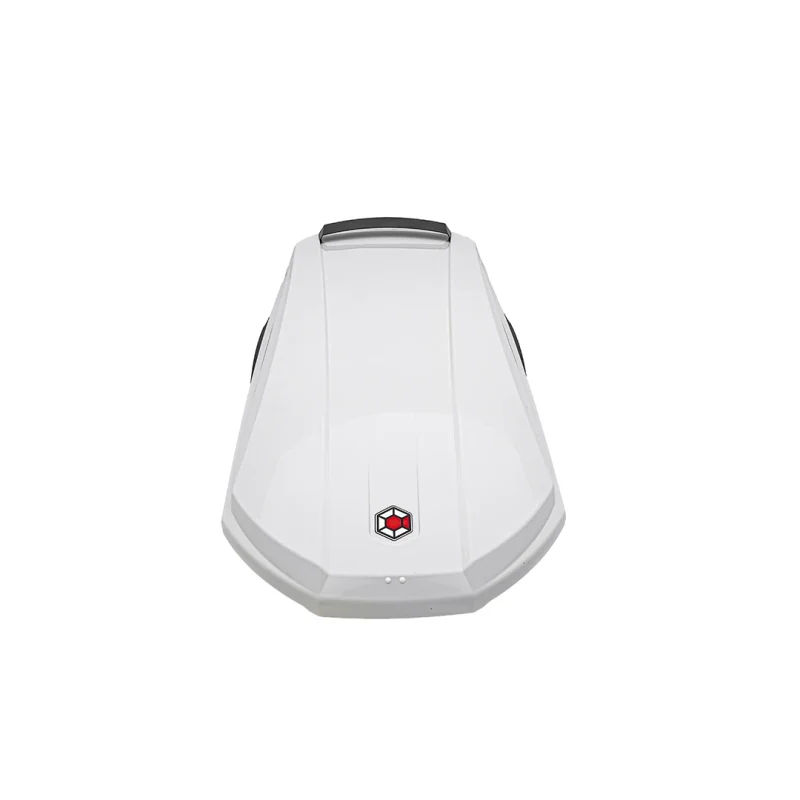For those who love camping and spending time in nature, rooftop tents offer great convenience. However, choosing the right tent directly impacts your camping experience. In this guide, we’ll cover the key points to consider when buying a rooftop tent.
Types of Rooftop Tents: Which One is Best for You?
Rooftop tents generally fall into two main categories: soft-shell rooftop tents and hard-shell rooftop tents. Each has its advantages and disadvantages, so you should choose the one that best suits your needs.
- Soft-Shell Rooftop Tents: These are lightweight, affordable, and compact. However, they may not be as durable as hard-shell tents. If you camp frequently and need a lightweight option, these tents might be ideal for you.
- Hard-Shell Rooftop Tents: These are more durable and offer long-lasting use. They typically provide extra protection and better insulation in harsh weather conditions. However, they are more expensive and harder to transport. If you camp in tough weather, a hard-shell rooftop tent may be the better choice.
Choosing a Tent Based on Climate and Weather Conditions
The climate in which you’ll be using the tent is one of the most important factors to consider. Rooftop tents offer different features to suit various weather conditions.
- Cold Weather: If you’re camping in cold weather, choose a tent with good insulation. These tents help retain body heat and protect you from the cold.
- Hot Weather: Proper air circulation is essential in hot weather. Ventilation holes and large windows keep the tent cool and prevent moisture buildup.
Weight of the Rooftop Tent: Your Vehicle’s Load Capacity Matters
The weight of the rooftop tent can directly impact your vehicle’s performance. Different models come in various weights, so it’s crucial to consider your vehicle’s roof load capacity and handling.
- Lightweight Rooftop Tents: A lightweight tent ensures safe driving without overloading your vehicle. Lightweight models are also beneficial for fuel efficiency, as the additional weight remains minimal. Fuel consumption increases only slightly with lightweight tents, preserving vehicle performance.
- Avoid Exceeding Load Capacity: Exceeding your vehicle’s roof load capacity can compromise both driving safety and performance. It may also affect handling and increase the risk of accidents.
Ease of Setup: Tips for Quick and Practical Assembly
Setting up your rooftop tent quickly upon arriving at the campsite provides great comfort. Tents that are difficult to assemble can create challenges, especially in bad weather.
- Some rooftop tents are designed for easy setup by a single person. If you camp frequently and prefer quick setup, these models are ideal.
- Hard-shell rooftop tents generally offer faster assembly and are easier to pack away. Soft-shell models may take a bit longer, but practical options are available.
Interior Comfort and Usable Space
Rooftop tents elevate your camping experience by offering a comfortable sleeping area. However, the interior space varies based on the number of occupants and the amount of room you prefer.
- Some rooftop tents come with built-in mattresses, providing a comfortable sleeping surface during camping.
- Sufficient storage space inside the tent ensures that your camping gear is safely stored. Larger tents are more suitable for extended camping trips.
Durability and Material Quality
The durability and material quality of a rooftop tent are crucial for long-term use. A tent that withstands weather conditions will protect you from harsh elements.
- A good rooftop tent should not allow water to seep through during rain. Waterproof fabrics and sturdy zippers prevent water ingress.
- The sun’s harmful UV rays can degrade tent materials over time. UV-protected fabrics ensure a longer lifespan for your tent.
Safety Features: Important Details for a Secure Camping Experience
Safety is another important consideration when using a rooftop tent. Properly securing the tent to your vehicle ensures both your safety and the tent’s durability.
- Securing the tent tightly to the vehicle prevents it from being displaced by wind. Therefore, the attachment points of the tent should be strong and reliable.
- Some rooftop tents offer additional safety features, such as lockable zippers or security fittings, to enhance your safety during camping.
Price Range: How to Find a Tent That Fits Your Budget
Rooftop tents come in a wide price range. You can choose one that fits your budget and meets your needs.
- Affordable Rooftop Tents: These tend to be lighter and have simpler designs. If you plan to camp occasionally, these models may suffice.
- Used Tents: Buying a second-hand tent can be a budget-friendly solution. However, it’s important to check the tent’s condition and material quality.
Rooftop Tent Accessories and Extras
Rooftop tents can be enhanced with various accessories, especially for longer camping trips. These accessories can add comfort and convenience.
- Additional Awnings: These provide more shaded areas around the tent, creating a cooler space on sunny days.
Tent Heaters: In cold weather, tent heaters add warmth and comfort. Lighting solutions also make it easier to move around the campsite at night.


